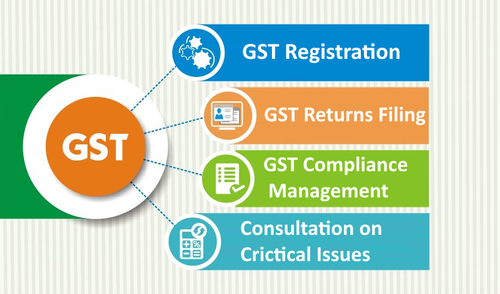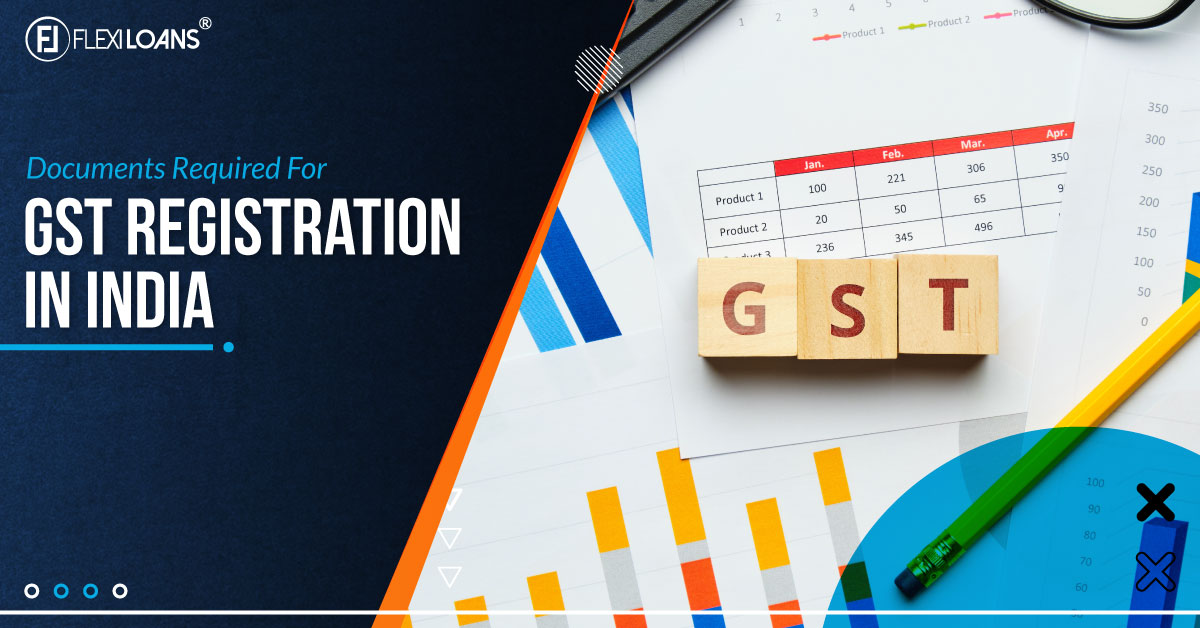Comprehensive Guide to the most effective GST Registration Services in Singapore
Comprehensive Guide to the most effective GST Registration Services in Singapore
Blog Article
Throughout: The Ultimate Roadmap to GST Enrollment for Companies Seeking Financial Stability
Browsing the complexities of Product and Provider Tax Obligation (GST) registration is an important step for companies pursuing economic security. From comprehending the essential concepts of GST to adhering to post-registration standards, the process can seem intimidating initially glance. Damaging down the roadmap into convenient actions can enhance the enrollment trip for services looking to enhance their economic standing. Let's discover the important elements that comprise this ultimate roadmap and discover how each phase adds to laying a solid structure for monetary success.
Understanding GST Basics
Digging right into the basic principles of Goods and Provider Tax (GST) is necessary for getting a thorough understanding of its ramifications on companies and the economic climate. GST is a value-added tax obligation imposed on most items and services for domestic intake. It has actually replaced several indirect taxes that existed in the pre-GST period, streamlining the tax structure and improving simplicity of doing company in India. Under the GST system, both services and products are tired at a particular price, which is identified based on their classification. Businesses are required to sign up for GST if their yearly turnover exceeds the threshold restriction set by the government. Input Tax Obligation Credit Rating (ITC) is a significant attribute of GST, permitting organizations to claim credit history for tax obligations paid on inputs, lowering the total tax obligation worry. Understanding the essentials of GST is essential for companies to comply with tax guidelines, handle their finances effectively, and contribute to the country's economic growth by joining a transparent tax obligation system.
Eligibility Criteria for Enrollment
As of the existing laws, the threshold limitation for GST registration is an annual accumulation turnover of 40 lakhs for organizations running within a state, other than for special group states where the limit is 20 lakhs. Furthermore, certain businesses are needed to register for GST irrespective of their turn over, such as interstate vendors, laid-back taxable persons, and organizations accountable to pay tax under the reverse fee mechanism. It is vital for companies to thoroughly examine their turnover and deal kinds to determine their GST registration obligations properly.
Records Required for Enrollment
Having actually fulfilled the eligibility requirements for GST enrollment, businesses have to currently ensure they have the requisite records in area to proceed with the registration procedure successfully. The documents required for GST enrollment generally include evidence of company constitution, such as partnership action, enrollment certification, or unification certification for different kinds of companies. Additionally, companies require to offer papers developing the primary workplace, such as a rental arrangement or power expense. Frying pan card of business, in addition to the identity and address evidence of promoters/partners/directors, are essential for confirmation functions. Bank account statements, along with terminated cheques or a duplicate of the financial institution passbook, are required to validate the economic details given throughout registration. In addition, organizations should have digital trademarks all set for the licensed signatory. Making sure all these files are helpful site arranged and conveniently offered will certainly quicken the GST registration procedure, allowing organizations to abide by tax obligation policies seamlessly.
Step-by-Step Registration Process
Starting the GST registration procedure entails a collection of structured steps to ensure a certified and seamless enrollment for companies. The primary step is to go to the GST website and load out the enrollment type with precise details of business entity. Following this, the applicant gets a Temporary Referral Number (TRN) which is utilized to resume the application process if it's not completed in one go.
Following, all needed documents based on the list given by the GST portal need to be submitted. These documents usually include proof of business identity, address and registration proofs of promoters, monetary statements, and company entity's PAN card.

Post-Registration Compliance Standards

Conclusion
Finally, services looking for economic stability must comprehend the fundamentals of GST, fulfill eligibility standards, collect required files, follow the step-by-step registration procedure, and follow post-registration guidelines - Best GST registration services in Singapore. By sticking to these actions, services can make certain conformity with tax obligation regulations and keep monetary security in the lengthy run
Furthermore, particular companies are needed to sign up for GST regardless of their turnover, such as interstate suppliers, casual taxed persons, and businesses liable to pay tax under the reverse cost device.Having actually fulfilled the qualification requirements for GST enrollment, services have to now ensure they have the requisite records in location to continue with the enrollment procedure efficiently. The records required for GST enrollment usually consist of evidence of service constitution, such as collaboration action, enrollment certification, or consolidation certification for different kinds of businesses. Furthermore, organizations need to supply records establishing the primary area of company, such as a rental contract or electrical power expense.Beginning the GST registration process entails a collection of structured actions to guarantee a smooth and compliant registration for businesses.
Report this page